Feeling “ready” to move out isn’t enough; your bank account needs to back it up, too. Some financial signals are obvious, while others catch you by surprise (hello, renters insurance). If you're unsure whether it’s the right time, these financial green flags can help you decide.
In case you find yourself nodding along to most of these, odds are high that your money, mindset, and momentum are finally pointing to one thing: it’s time.
Your Budget Is Already Working
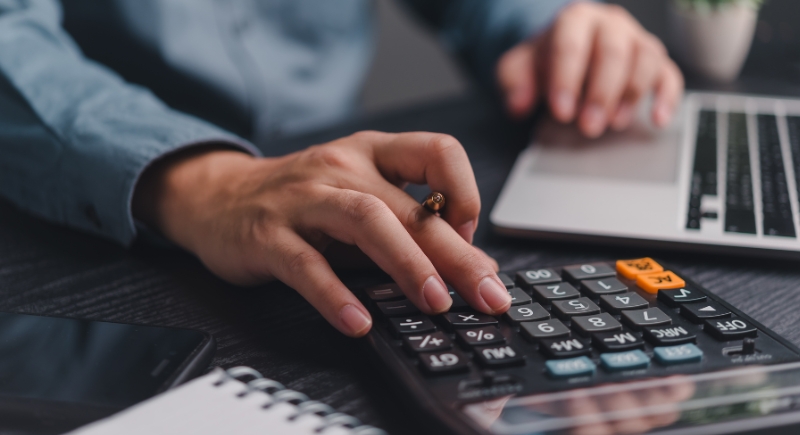
Credit: Canva
You track income, set spending limits, and stick to them without fail. There’s a line item for savings, bills, and even fun money. Budgeting is both tested and effective. If your current system can absorb rent, utilities, and surprises, you’re working with a real financial foundation.
Rent Isn’t a Stretch
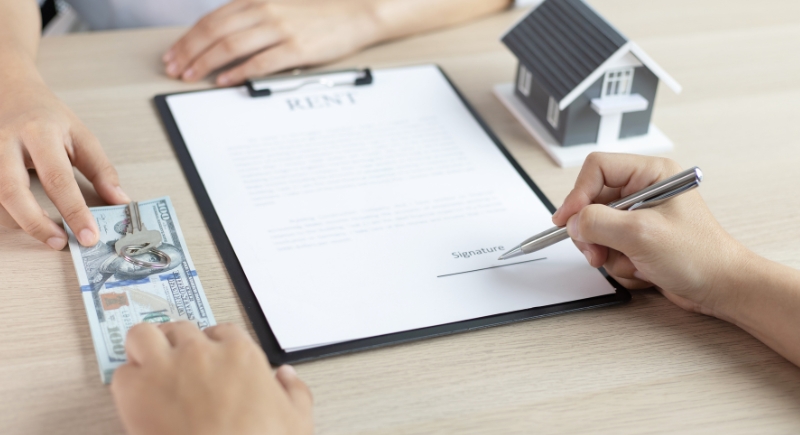
Credit: 89Stocker
The rent you’re eyeing fits within 30% of your gross income, and you’re not sacrificing food, bills, or basic savings to pay it. If rent eats up half your paycheck, pause. If it fits comfortably alongside your other expenses, that’s a strong sign you’re ready.
You Have Emergency Savings
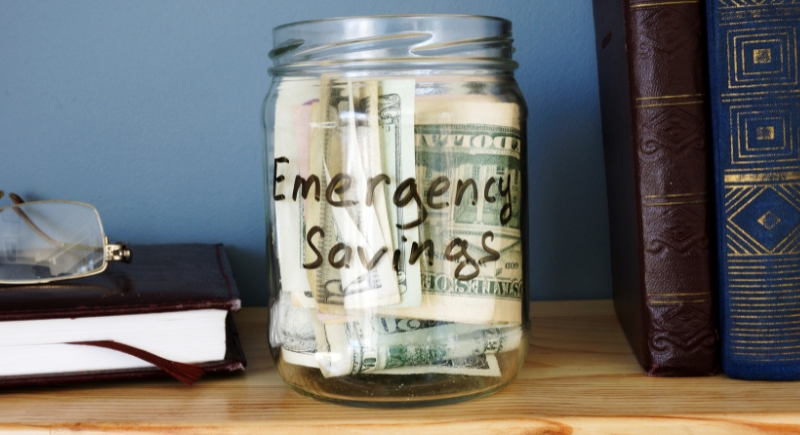
Credit: Getty Images
An emergency fund with three to six months of living expenses means you’re not one paycheck away from disaster. It cushions job loss, surprise bills, or health issues. Without it, one bad month could unravel your entire plan.
Your Credit Score Is Solid
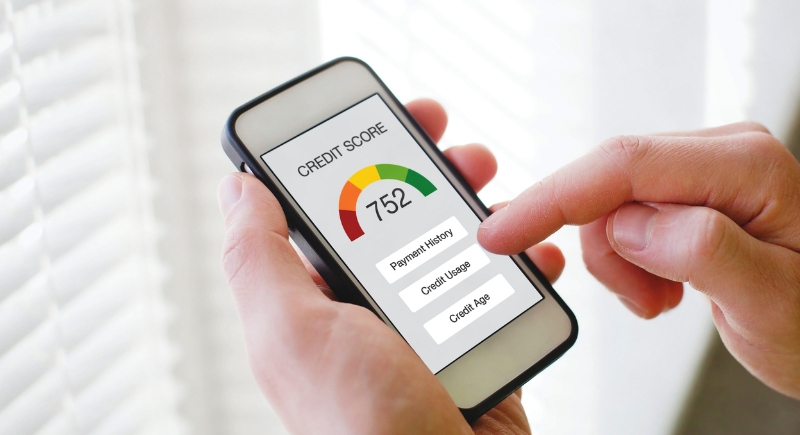
Credit: Getty Images
A score of 660 or higher signals that you pay on time and manage debt responsibly. It can help secure a lease, lower deposits, and even unlock better utility rates. Landlords look at it; it often says more than your paycheck ever could.
You Always Pay Bills on Time
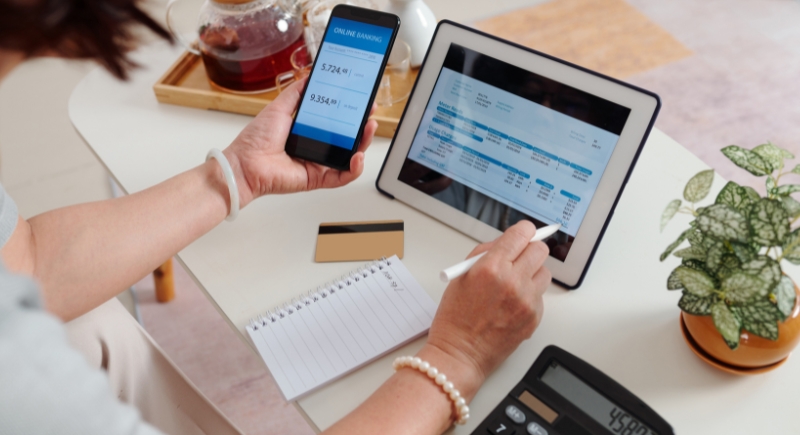
Credit: DragonImages
Late fees aren’t part of your life. You’ve automated payments or built habits that keep your bills current—no panicked last-minute transfers. This reliability becomes essential when missing rent or utilities could damage your credit, rack up penalties, or even cost you your home.
High-Interest Debt Isn’t Holding You Back
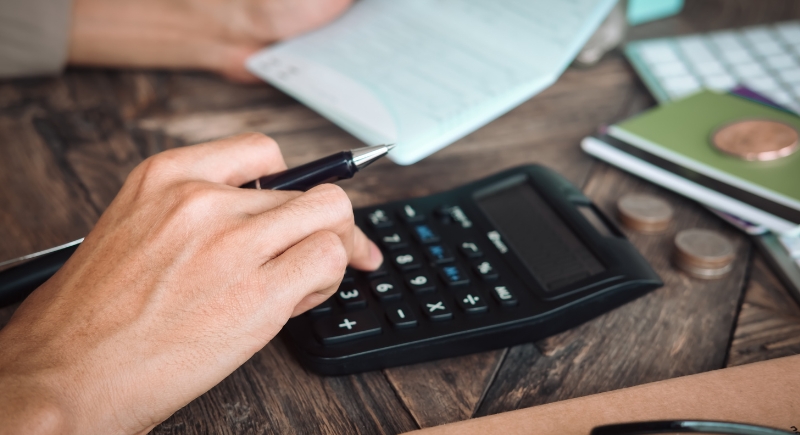
Credit: Canva
You’ve tackled your worst debt—like high-rate credit cards—and managed monthly payments. If you’re still drowning in interest charges, adding rent could sink you. But if debt isn’t eating your budget, you’ve cleared one of the biggest hurdles to living alone.
You Know the Full Cost of Living
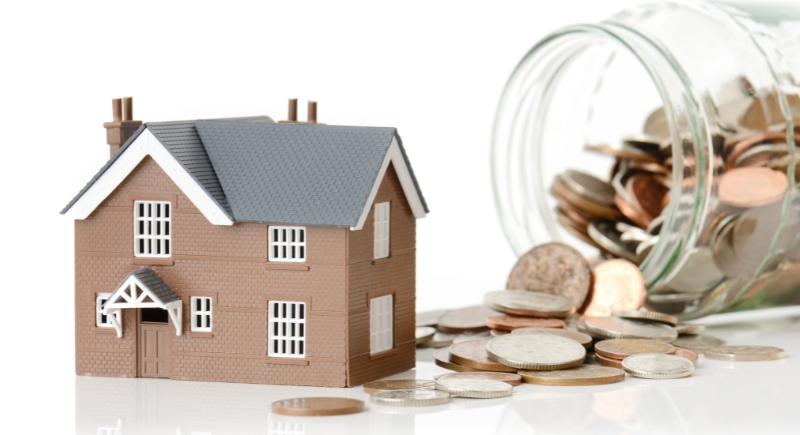
Credit: Getty Images
Rather than just Google the average rent, you need to have estimated everything: utilities, renters' insurance, groceries, cleaning supplies, furnishings, parking fees, and even laundry. Plan for what living alone really costs, not just what the lease says. That preparation is key to avoiding regret down the line.
You Have a Stable Income

Credit: 89Stocker
Your job is steady, your hours are reliable, and your checks come in like clockwork. If you freelance, you’ve built consistency and savings buffers. Living alone means the bills don’t pause for sick days or slow months—you’re ready when your income can weather ups and downs.
You’ve Accounted for Move-In Costs
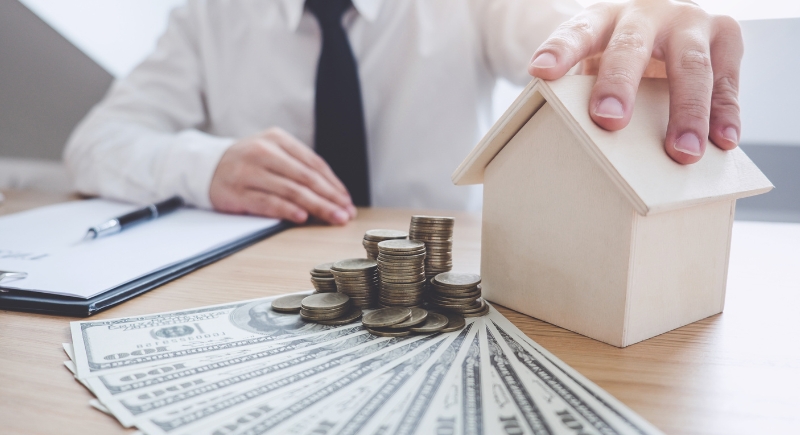
Credit: Canva
This is such an easy one to overlook. You need to have budgeted for the deposit, first month’s rent, application fees, basic furniture, and maybe even a coffee table you don’t hate. These one-time costs can add up fast.
Health Insurance Isn’t an Afterthought

Credit: Getty Images
Whether it’s through your employer, a private plan, or Medicaid, you’re covered. You’ve priced premiums and planned for copays. Medical debt is a leading cause of financial ruin—if you’ve protected yourself from that risk, it’s a significant green flag for sustainable independence.
You’ve Got a Realistic Backup Plan
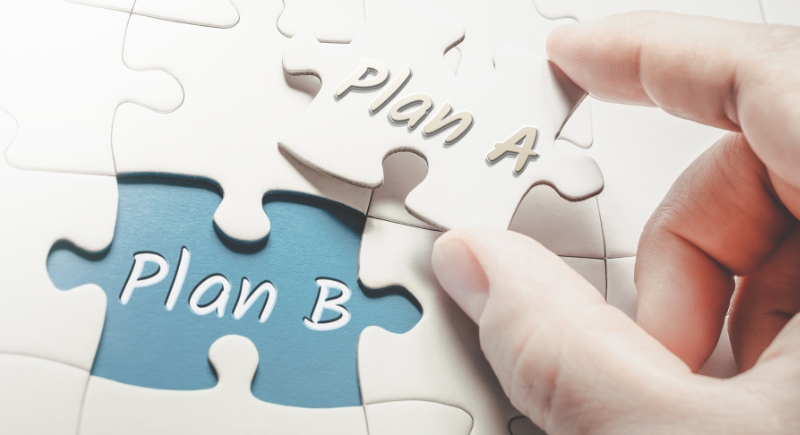
Credit: Getty Images
It’s not just “hope for the best.” If you lose income or face an emergency, extra savings, side gigs, or even lease insurance can save you. Knowing how you’d pivot reduces panic and proves you’re moving smart.
You’re Comfortable With Domestic Basics

Credit: Getty Images
You can cook a few meals, unclog a drain, clean a bathroom, and budget your grocery run. Living alone means no one’s covering the basics for you. These skills save money and keep your space livable, and they’re non-negotiable once you’re on your own.
You’ve Tested Living on a Solo Budget
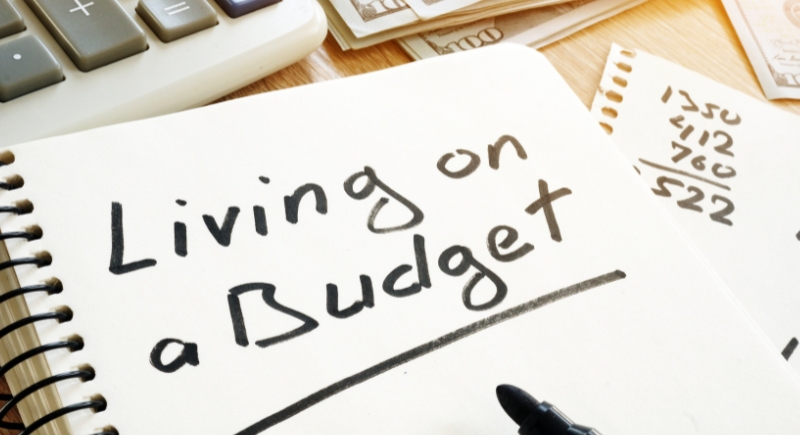
Credit: Getty Images
Even if you haven’t moved out yet, you’ve practiced living like you pay rent. Maybe you’ve been saving the difference or simulating the bills you'd have. If this “trial run” hasn’t wrecked your finances or forced you into ramen every night, that’s arguably the strongest signal that you're ready.
Renters' Insurance Is Already on Your Radar
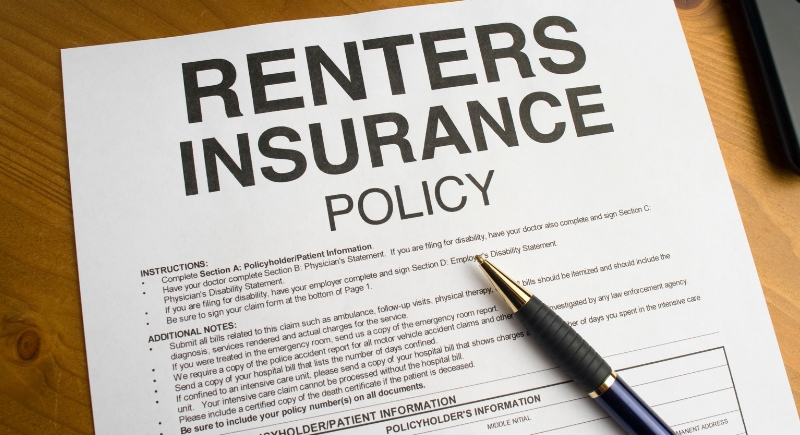
Credit: Getty Images
Yes, it exists, and it’s cheap (the national average is around $15–$30 a month). It protects your stuff and your liability. Understanding risk and planning for it shows that you’re not just chasing freedom but securing it.
You’re Motivated by Readiness, Not Just Restlessness

Credit: Getty Images
Last but not least, you need to make sure you’re not just escaping a bad roommate or flexing for social media. Instead, you should be craving responsibility, privacy, stability, or all three. If your motivation is grounded and your finances align, that’s the kind of maturity that makes independent living sustainable.
